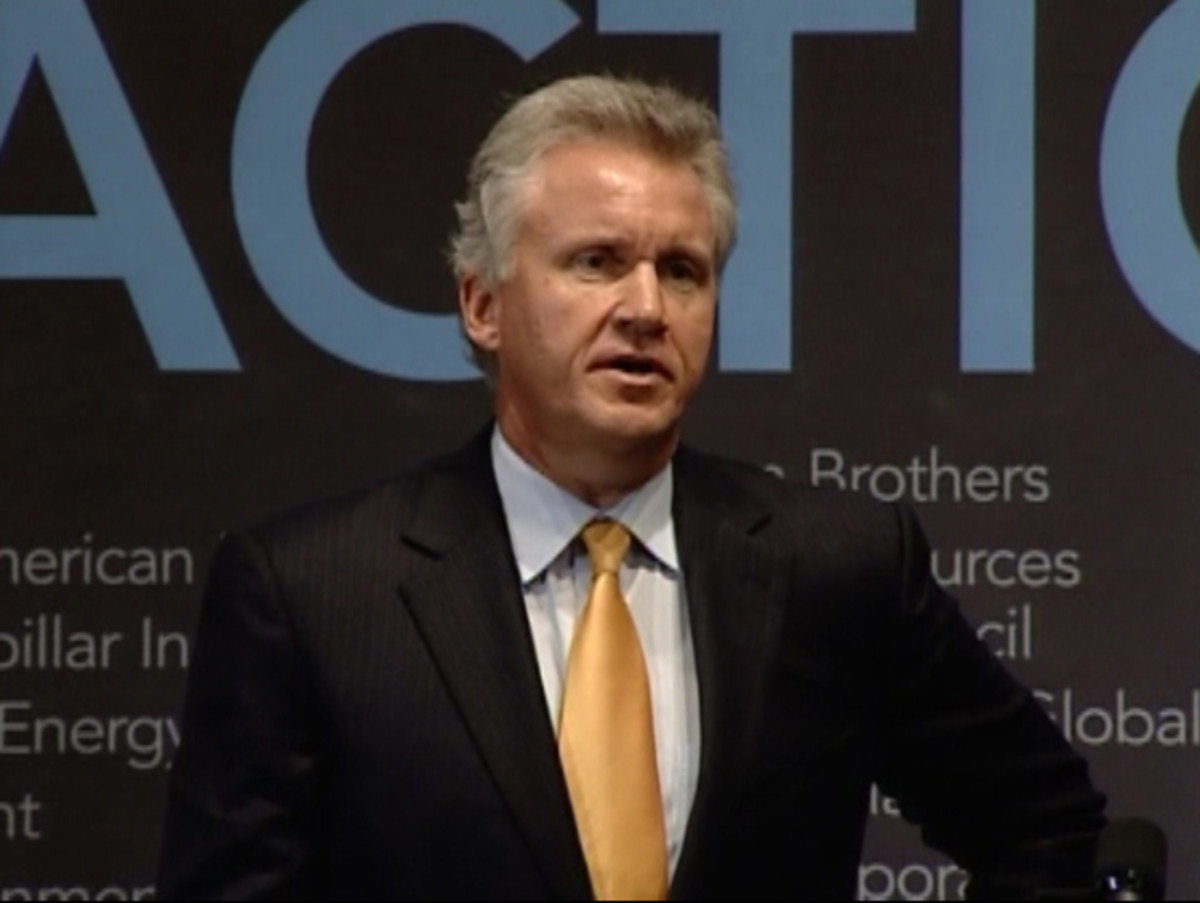
Back in 2014, Jeff Immelt had an idea: He would cap what would by then be a nearly two-decade run at General Electric’s helm by transforming the 120-year-old industrial conglomerate into a cutting-edge software shop. The Mill River Valley would rival Silicon Valley when it came to big-data innovation. Sure, GE didn’t know the first thing about digital technologies, the cloud, etc., but it knew a whole lot about the things those things connected to and controlled. By 2020, GE Digital would be bringing in $15 billion a year in revenue.

